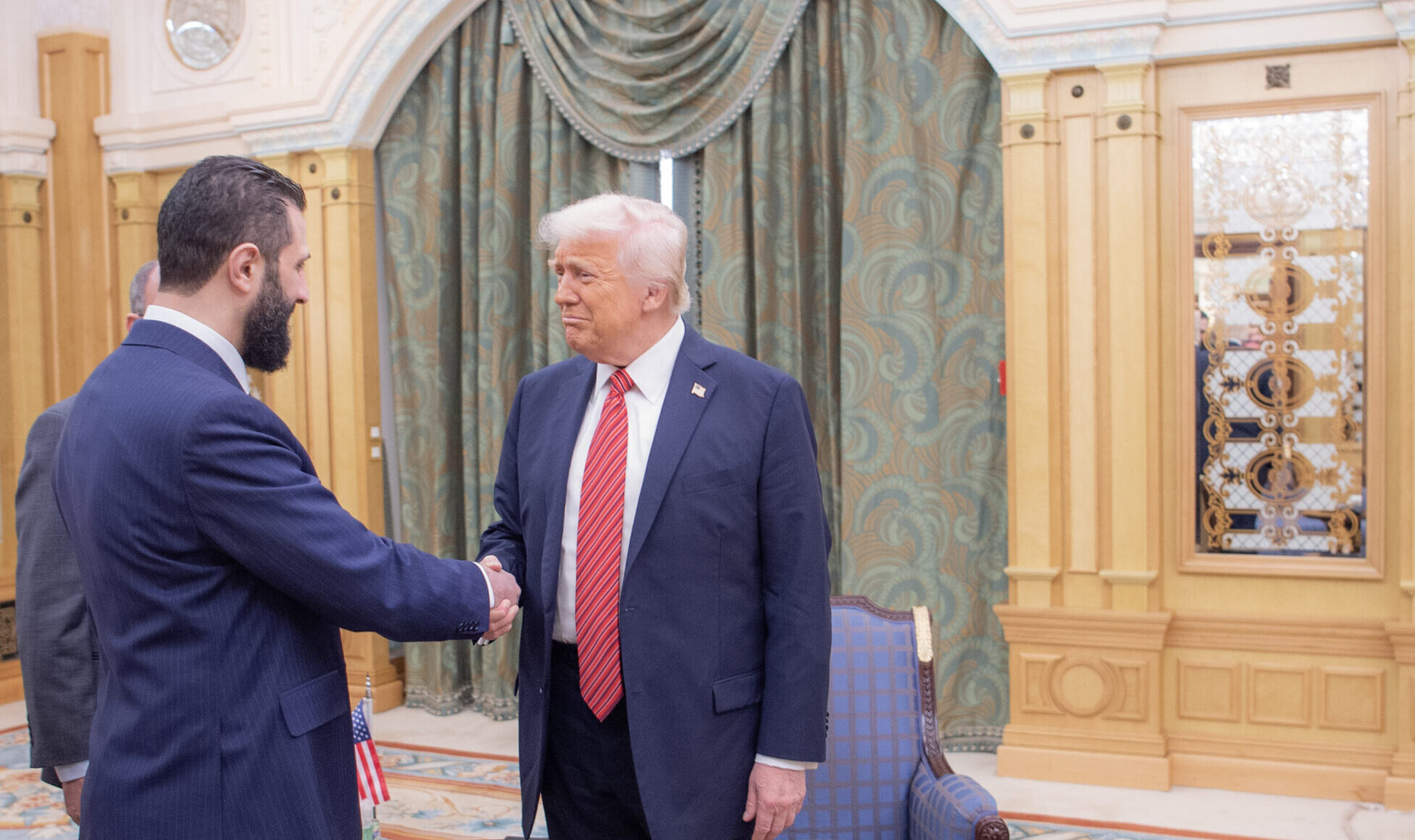Krauthammer: Understanding Terrorism Is Just Too Hard!
The question posed — does the Iraq war increase or decrease the world supply of jihadists? — is itself an exercise in counting angels on the head of a pin. Any answer would require a complex calculation involving dozens of unmeasurable factors, as well as construction of a complete alternate history of the world had the U.S. invasion of 2003 not happened. ~Charles Krauthammer
Yes, it’s just crazy speculation! Who can really say whether occupying a Muslim country generates an insurgency against the occupier? Who knows whether mujahideen the world over will take such an occupation as a call to arms? Don’t take the jihadis’ word for it (unless, of course, you are trying to make the argument that Iraq is the “central front” in the “war on terror,” in which case taking the jihadis at their word is perfectly acceptable). No, it is all deeply mysterious and laden with unknowably unknown unknowns and inscrutably inscrutable inscrutables.
After all, no one can really know whether the Soviet invasion of Afghanistan spurred the worldwide growth of Islamic fundamentalist groups or increased the radicalisation of Muslims–it’s all so difficult to understand! So many factors! Brain hurts….
This is the ultimate cop-out, the final insult to the intelligence of Krauthammer’s readers, whose intelligence he has routinely insulted in the past with his rock-solid certainty about the effects of an aggressive U.S. foreign policy in the Near East. Missing then was the agonised lament of man’s limited ability to know things because of the vast complexity of the world. Instead we were treated to confident predictions that the “road to Jerusalem ran through Baghdad,” a pro-American free Iraq would emerge from the ashes to prove all the doubters wrong and resistance would be light. Given past experience with his adventures in certainty, I can’t blame Krauthammer for wanting to be a little more skeptical, but isn’t it interesting how he has suddenly discovered the merits of skepticism when it is most advantageous to the pro-war position?
If I were a war supporter, I would desperately want to believe that it is impossible to know whether jihadi terrorism was worse because of the war, because if it was knowable and the war had made the problem worse I would probably have to feel somewhat responsible for that by having supported a fantastically stupid policy. It stands to reason that the war has made the problem worse–as its opponents said it might well do before it even started–and it is incumbent on the supporters of the war to make the argument that it hasn’t when common sense and daily news both tell us that the view reflected in the NIE is correct. You’ll notice there was no similar agnosticism on Krauthammer’s part when the war in Afghanistan seemed to have succeeded in breaking a pro-Al Qaeda regime and disrupting the operations of the jihadis. Everyone could see that this was a kind of progress, even if critics argued that this advantage was squandered or followed up with insufficient resources. We seem perfectly capable of knowing, or claiming to know, that one war has succeeded in weakening the jihadis and dealing them setbacks, but it is evidently just too difficult to know if another war has had the opposite effect. But then if I supported the second war, the war that had proven to be counterproductive and that had worsened the problem of jihadi terrorism rather than helped reduce it, and I had no scruples, I would probably plead ignorance, too. I would also pretend that the same kind of professional analysis that I and my ilk used to justify the invasion in the first place four years before is now just so much scholastic jibber-jabber about unknowable realities. (It would also help if I could pretend that I never put any store by the 2002 NIE, polticised and rushed as it was, and that I didn’t believe the NIE when it said what I wanted it to say.)
